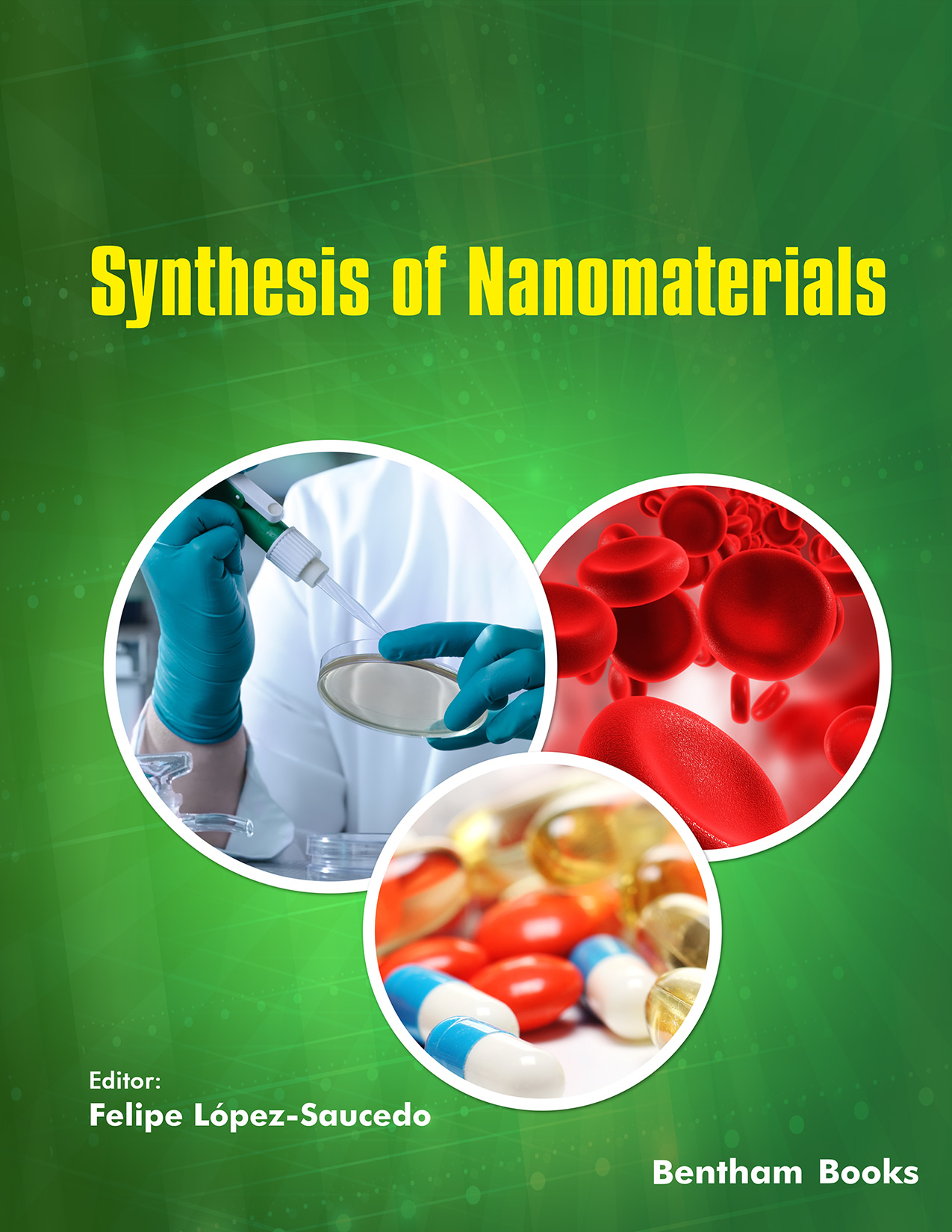Introduction
Synthesis of Nanomaterials is a beginner’s guide to the synthesis and characterization of biomaterials for medical devices and implants. It presents 8 chapters explaining the use of biomaterials in medicine and pharmacology. The concepts are explained with the guidance of specialists who present the principal techniques and methods to obtain high-performance polymers and composite materials.
Starting with an introduction to the subject, the book explains nanomaterials synthesis and progresses towards engineering applications. The chapters also cover modern biomaterials such as stimuli-responsive biomaterials, hydrogels, and self-healing materials.
One chapter is dedicated to computational and theoretical techniques in biomedicine and a final chapter covering microencapsulation for advanced drug delivery rounds up the contents.
Synthesis of Nanomaterials is a primary reference book for undergraduate and graduate students as well as professors involved in multidisciplinary research and teaching programs.
Audience:
Students, teachers and researchers in pharmacology, medicine and biomedical engineering

